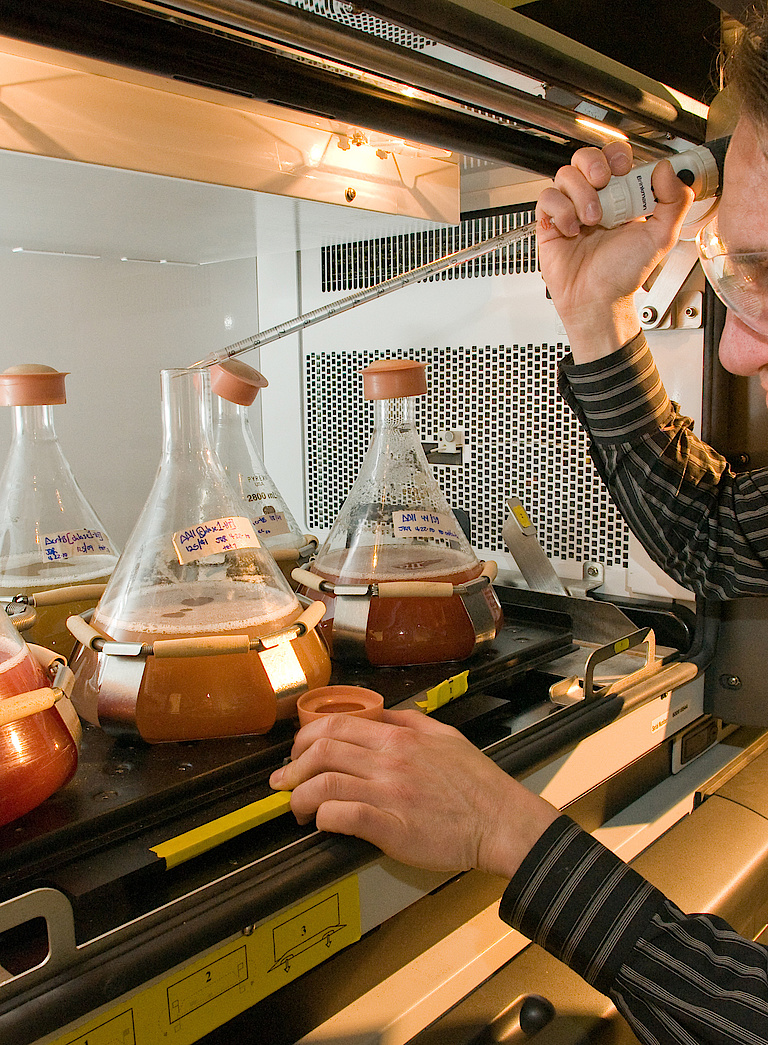The Nagoya Protocol applies to genetic resources that are covered by the Convention on Biological Diversity (CBD) and provides specific guidance when traditional knowledge (TK) associated with genetic resources is being utilized. TK associated with genetic resources held by indigenous peoples and local communities (IPLCs) can provide valuable information to researchers regarding the particular properties and value of these resources and their potential use for the development of products, for example, new medicines.
The ABS Initiative and Natural Justice have joined forces since 2007 to support IPLCs, primarily in Africa, in developing Biocultural Community Protocols (BCPs). BCPs clarify the decision-making process within a community and help develop a joint understanding of their rights.
Genetic resources are used by different types of users (e.g. academics, scientists, private companies), and in different sectors (e.g. pharmaceutics, biotechnology, bodycare). It can be used for different purposes (e.g. basic research, taxonomy, conservation or commercialization). In addition, with the development of new technologies, the transformation and use of genetic resources in recent years has rapidly evolved, for example through the sequencing of genomes and storage of such information in databanks.
The nature of ABS agreements, and the extent of collaboration and partnership, varies significantly. A wide range of groups can be parties to ABS agreements. For example, they may be developed between a private company and a local research institution or a gene bank; a research institution and a community; or between a trader and a producer.
Users of genetic resources may include research and academic institutions and private companies operating in various sectors such as pharmaceuticals, agriculture, horticulture, cosmetics and biotechnology; providers can be Competent National Authorities (CNAs), holders of traditional knowledge or private land owners.
For a working national ABS system effective monitoring of the ABS process from the genetic material through R&D to the actual product is indispensable.
